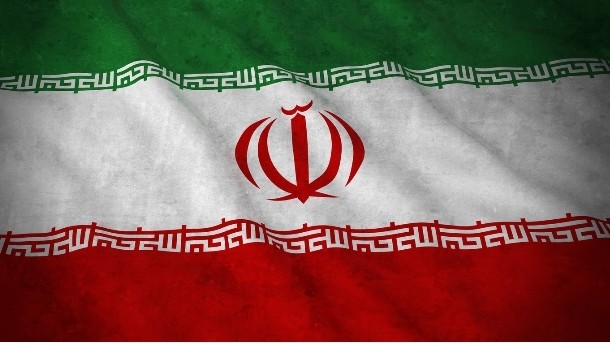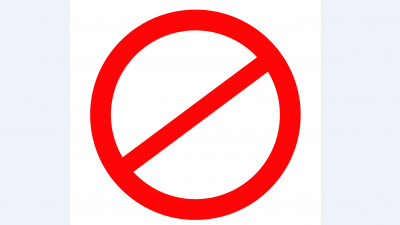Top Iranian dairy companies and trends

Last month, Pegah Iran Dairy Industries Co. (Pegah) opened the largest dairy powder products factory in Iran in Lorestan Province in the west of the country. The company is also undergoing growth, with the opening of the Aligudarz animal husbandry complex with a capacity of 2,000 livestock units and a daily production of 80 tons of raw milk.
Pegah, which has 17 production facilities and five distribution companies throughout the country, makes a range of dairy products, including cheese, milk, doogh (a savory yogurt drink), yogurt, powder and cream.
Top 5 Iranian dairy companies:
Pegah 21%
Kalleh 16%
Damdaran 8.6%
Mihan 6.9%
Alis 4%
Mahdi Hajibeygi, International Affairs Manager at Iran Dairy Industries Co., told DairyReporter the industry is healthy and improving.
He noted six factories are listed on Tehran Stock Exchange, with Pegah leading the way with a 21% market share. Kalleh has a 16% market share, with Damdaran at 8.6%.
Brand awareness
In terms of brand awareness in the country, Hajibeygi said Pegah tops the list in the country at 22%, with Kalleh close behind with 21%.
This is followed by Mihan (11%), Damdaran (10%) and Pak (5%).
Milk is still the biggest selling dairy product in Iran, at 32% of the market, while the various Iranian cheeses have 31% of the dairy market share. Traditional dairy beverage doogh holds an 8% share, more than yogurt, which has a 7% share of the market. Butter and cream make up just 1% of the dairy industry in Iran.
Top brands of pasteurized milk:
Pegah 39%
Damdaran 16%
Mihan 9%
Kalleh 7%
Hajibeygi said Pegah dominates when it comes to brand choice, with 39% of consumers choosing Pegah pasteurized milk as their first choice, and 46% naming Pegah as the top domestic cheese brand.
Exports
International companies have not made a big impression in the Iranian dairy market, however, Danone does have good presence in the country, Hajibeygi said. Nestlé is another international company with presence in Iran.
Other countries are starting to import Iranian dairy products, which last year amounted to 387,000 tons, an increase of 19% to a value of $634m.
While the three most important export markets are Russia, Iraq and Afghanistan, products are also exported to Pakistan, Turkmenistan, Tajikistan, Azerbaijan, UAE, Kuwait, Qatar, Malaysia, Thailand, the UK, Canada, Austria, Lebanon, Syria and Georgia.
Exports to Russia are increasing, Hajibeygi said.
Hassan Rokni, Deputy Minister of Animal Sciences - Ministry of Agriculture, said in March and April 2016, 103,000 tons of dairy products were exported; for the same two months in 2017, the amount reached 198,000 tons.
Top cheese brands:
Pegah 46%
Kalleh 23%
Mihan 5%
Damdaran 2%
Trends
Hajibeygi said trends in Iran tend to mirror those in other countries – as probiotic products are trending, as are low-lactose products.
He noted Pegah’s protein-enriched butter as a new product taking advantage of current trends in the country, and said fiber yogurts are also trending.















